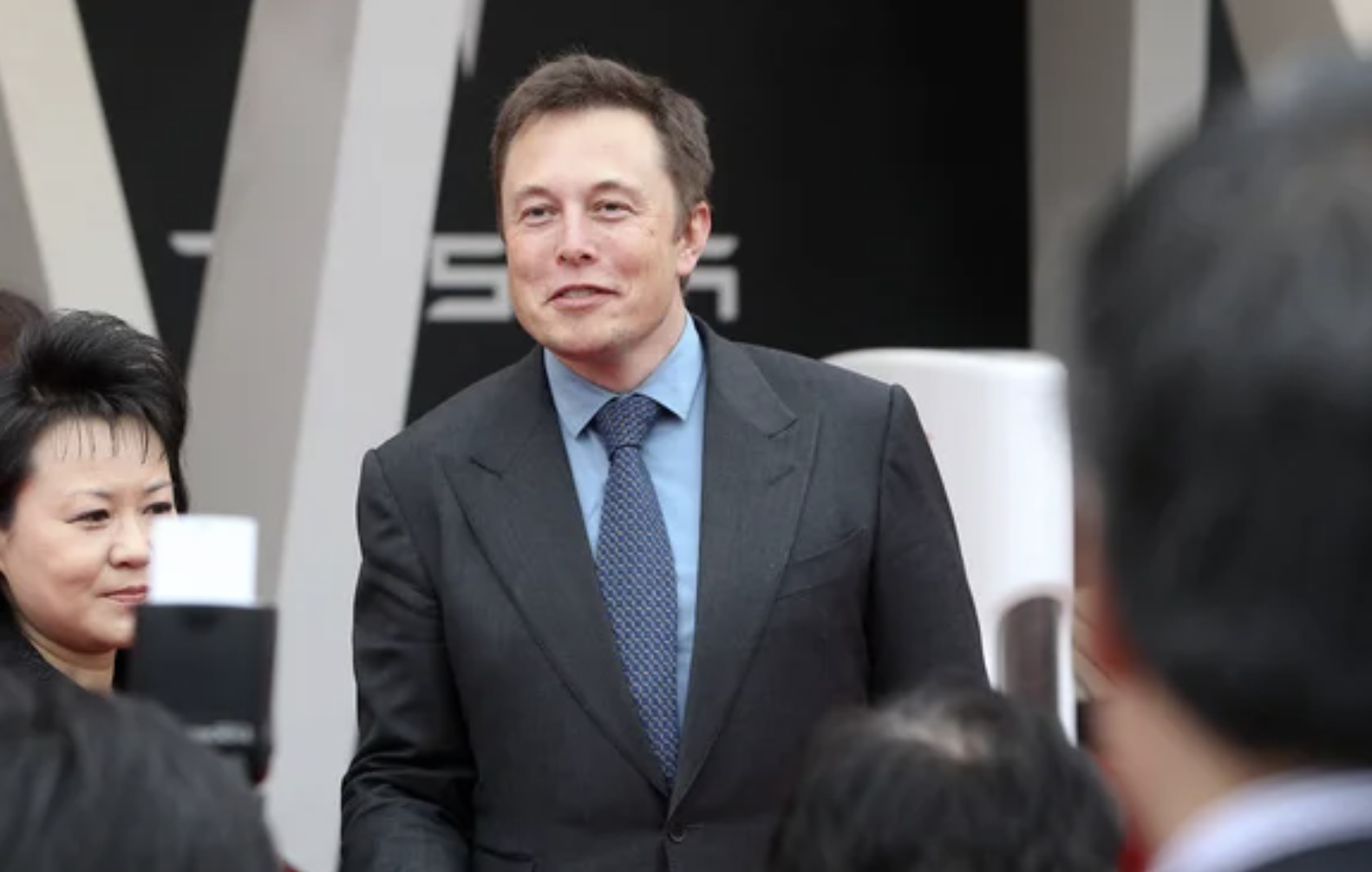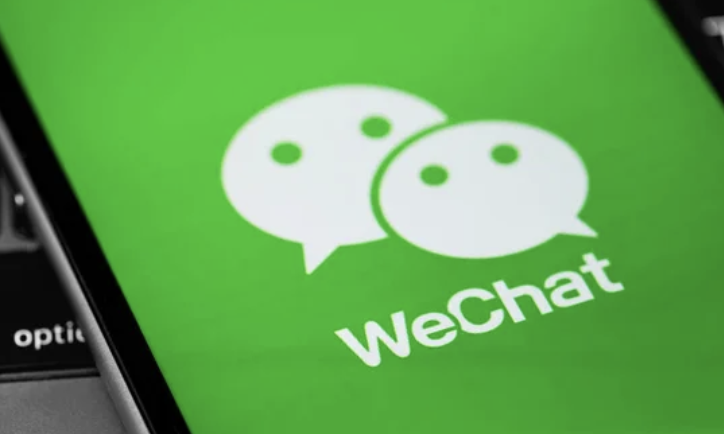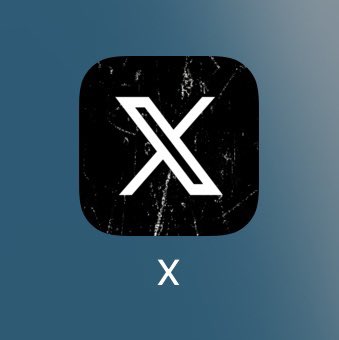
In a move that speaks volumes about the ambitious future of social media, Elon Musk has renamed Twitter as “X”. Musk purchased the social media platform last year for a staggering $44 billion and has since been vocal about his aspiration to redefine it into an all-encompassing super-app, akin to the Chinese app WeChat. But is it really what he has planned?
Our HQ in San Francisco tonight pic.twitter.com/VQO2NoX9Tz
— Elon Musk (@elonmusk) July 29, 2023
WeChat, developed by Tencent, is a digital Swiss Army Knife that offers its 1.4 billion users in China a smorgasbord of services. From messaging, voice and video calling, to food delivery, mobile payments, gaming, news, and even dating – WeChat is the epitome of a “super-app”. It is more than a necessity; it’s an inseparable part of everyday life in China.
What does WeChat offer its users exactly?

WeChat is often referred to as a “super app” due to the vast range of services it offers within a single platform. These services extend far beyond basic messaging and social media features, which are common to many apps, and encompass nearly every aspect of daily life. Here are some key offerings that make WeChat a “super app”:
- Messaging: At its core, WeChat is a messaging app, allowing users to send text messages, voice messages, video calls, and group chats.
- Social Media: WeChat incorporates social media elements with its ‘Moments’ feature, where users can share photos, videos, and status updates, much like Facebook’s News Feed.
- Mobile Payments: With WeChat Pay, users can make payments digitally, either in person or online. Users can transfer money to friends, pay bills, or transact with businesses. It’s even possible to pay for goods in physical stores by scanning a QR code.
- E-commerce: Users can shop online, order food delivery, book a taxi, purchase movie or plane tickets, and more without leaving the app.
- Mini Programs: These are sub-apps within WeChat, developed by third parties, offering various services from news and entertainment to retail and transportation.
- News and Information: WeChat allows users to follow official accounts for news, updates, and promotions from businesses or media outlets.
- Utilities: WeChat users can perform tasks like booking doctor’s appointments, scheduling visa appointments, renewing passports, or even applying for a loan.
- Gaming: WeChat has a gaming platform where users can download and play games.
- Location-Based Services: Features like ‘People Nearby’ or ‘Shake’ allow users to interact with others based on proximity or to discover new friends.
This extensive range of services, all within one platform, makes WeChat integral to daily life for many of its users and epitomizes the concept of a “super app”.
Is ‘X’ Musk’s goal for a Western equivalent?
Elon Musk is no stranger to lofty ambitions. From pioneering modern space travel to revolutionizing electric cars, he’s consistently pushed the envelope. His latest venture – transforming Twitter into an ‘everything app’ named “X” – is another audacious bet that could redefine our digital lives, mirroring the success of China’s WeChat.
WeChat is the quintessential ‘super app’, a one-stop-shop for over a billion users to communicate, transact, and access a plethora of services. It’s woven into the very fabric of daily life in China, serving as a vital tool for everything from chatting to shopping to ordering taxis. Now, if Musk does indeed seek to create a similar ecosystem with “X”, integrating comprehensive communication features and financial services into a single platform, it could transform the social media lanscape vastly.
It’s an intriguing move that, if successful, could breathe new life into the platform, which has seen ad revenues tumble and debt pile up under Musk’s ownership. More importantly, it could herald a fundamental shift in how we use social media, opening up an array of possibilities for consumers and businesses alike.
Yet, replicating WeChat’s success in the West is easier said than done. WeChat thrives in a digital landscape vastly different from that of the West. China’s mobile-first approach to internet usage and a more forgiving regulatory environment have played a key role in shaping WeChat’s all-encompassing nature. Moreover, China’s widespread acceptance of digital payments is in stark contrast to the West’s preference for cash and cards.
Furthermore, creating a WeChat-like ecosystem in the West presents significant privacy and data storage concerns. WeChat’s ubiquity in China has raised eyebrows about potential government surveillance and censorship – a reality that doesn’t sit well with Western norms. How Musk’s “X” addresses these legitimate fears while harvesting the vast data it would generate is a question worth pondering.
That said, the allure of an ‘everything app’ cannot be dismissed. The convenience of having a single platform cater to a multitude of our needs could redefine digital interactions and commerce. Despite the roadblocks, the transformative potential of “X” is a fascinating prospect.
Would an everything app work in the West?
When Elon Musk announced his acquisition of Twitter last year, it caused more than a few raised eyebrows. Critics questioned the rationale behind such a move, especially considering Twitter’s financial struggles and the seemingly incongruous fit within Musk’s portfolio of futuristic technology ventures. However, as Musk reveals his grand plan for Twitter, now rebranded as “X”, the strategic genius behind the acquisition is perhaps beginning to surface.
Underneath the headlines of declining ad revenues and swelling debts, Twitter possesses something incredibly valuable: an existing, vast, and engaged user base. With over 540 million monthly active users globally, it’s a well-established platform that has seeped into the social, cultural, and political fabric of our society. This presents Musk with a readymade foundation upon which to build his vision of a ‘super-app’.
By acquiring Twitter, Musk bypasses the hurdle of building a user base from scratch, a daunting task that even the most promising start-ups grapple with. Instead, he has direct access to millions of users, many of whom have integrated Twitter into their daily routines. This is a crucial first step towards transforming “X” into an integral part of users’ lives, akin to WeChat’s status in China.
Turning “X” into a platform that integrates messaging, financial services, and a wide array of digital conveniences is undoubtedly ambitious. Yet, starting with Twitter’s extensive user base, Musk has a head start. These existing users could be early adopters of the enhanced services offered by “X”, facilitating a faster transition towards becoming an ‘everything app’.
Not an easy path
Of course, this doesn’t mean the path to achieving WeChat-like omnipresence will be straightforward. Musk will have to address substantial regulatory, privacy, and competition-related challenges, especially in the diverse and complex digital landscapes of the West. In fact, a Forbes article published last year titled “Super Apps Aren’t Going To Make It In America” quoted a report titled “Super Apps in Banking” which said:
“[US] consumers’ growing time spent with mobile and their overwhelming choice of products and providers are driving demand for rebundling in financial services. Super apps are emerging as the solution to meet this demand and improve the digital customer experience. Banks must start deciding today how to engage in the super apps trend to stay relevant to consumers.”
Nonetheless, Musk’s Twitter acquisition and this potential “everything app” idea exemplifies strategic foresight. A calculated move that provides a powerful launching pad for his ambitious vision? Perhaps. Despite the skeptics, the concept of an all-encompassing platform like “X” is compelling, and if anyone can turn this audacious vision into a reality, it might just be Elon Musk.
As we prepare for this unprecedented chapter in social media evolution, all eyes will be on Musk and his handling of the considerable challenges ahead. Will he manage to create an ‘everything app’ that becomes as indispensable as WeChat is in China? It’s a thrilling possibility, but only time will reveal the full extent of “X’s” impact on our digital lives.


